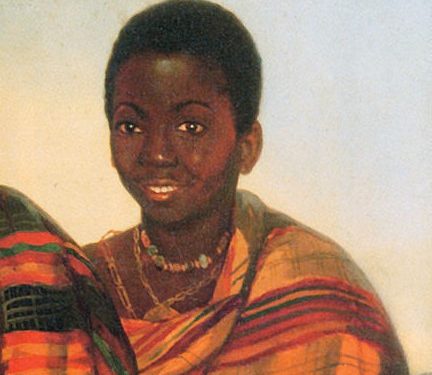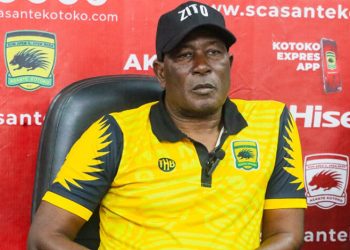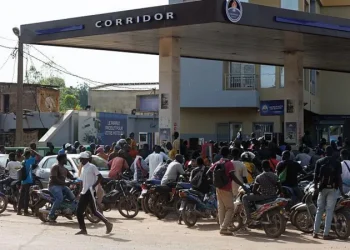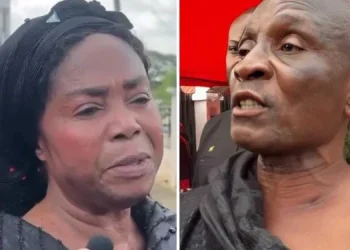Kwame Poku was born in Kumase, the Kingdom of Asante around 1820s.
Poku was the son of the eighth King of Asante Empire, Otumfuo Kwaku Dua I, born around 1797 and ruled Asanteman from August 25, 1834, until his death on April 27 1867.
At an early age, Poku and his brother Kwasi Boakye were sent to the Netherlands to study.
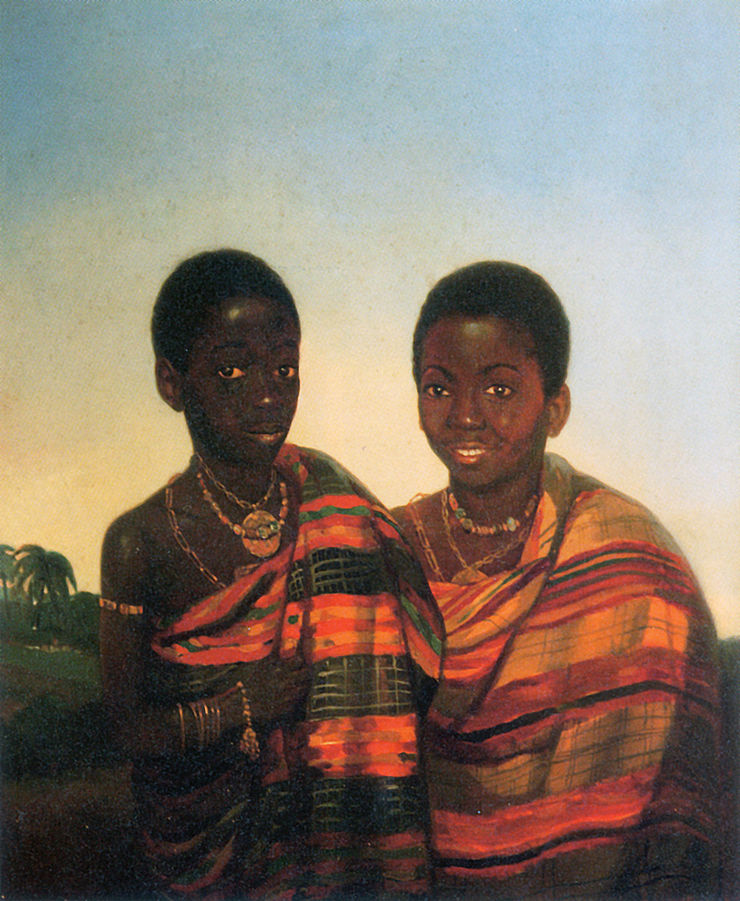
Photo Credit:
Jacobus Ludovicus Cornet – Japin, Arthur (1997) De zwarte met het witte hart Amsterdam: De Arbeiderspers
The reason why Boakye and Poku were sent to the Netherlands to study was as a result of an agreement between Otumfuo Kwaku Dua I and the King of the Netherlands, King William I.
The Dutch had lost a lot of soldiers in the Java War or Diponegoro War (1825-1830) and as a result, they needed soldiers to help them win the war.
The Dutch King after witnessing how the Asantes had been conquering the other tribes in Dutch Gold Coast signed an agreement with Otumfuo Kwaku Dua I to recruit soldiers for his Dutch East Indies Army in exchange for 6,000 guns. Per the agreement, 2, 000 guns were to be provided immediately and 4, 000 were to be provided later.
Also, they needed the soldiers from West Africa because even though the first group of Afro-Europeans and African soldiers they took to the war died, they were able to resist the weather condition in the Dutch East Indies.
The recruitment was voluntarily and Jacob Peter Huydecoper (11 November 1811 – 12 February 1845) who was half Dutch-half Fante and was an important figure in Dutch Gold Coast established a recruiting agency in Kumase.
The deal was facilitated by Major General Jan Verveer who had been appointed as the Royal Commissioner by King William in the autumn of 1836.
At that time, Edina (Elmina) was the capital of the Dutch Gold Coast. General Verveer arrived in Elmina on 1 November 1836 and headed for Kumase with 900 people.
Majority of the people who went to Kumase with Verveer were porters and they carried gifts and provisions which were for the Asantehene.
After a lengthy negotiation, the Dutch reached an agreement with the Asantehene. Albeit the recruitment was voluntary, Otumfuo offered the Dutch slaves and prisoners of war in Asanteman.
Those who were recruited were given the name Belanda Hitam which means Black Dutchmen when they got to the Dutch East Indies and they helped the Dutch to win the war which was between the Dutch and Prince Diponegoro. Although the Belanda Hitam were mostly Asantes, they recruited other Akans too.
When General Verveer was leaving Kumase to Elmina, he went with Kwasi Boakye and Kwame Poku, and from Elmina, they went to the Netherlands.
Per the agreement signed between Otumfuo Kwaku Dua I and King William I, Kwasi Boakye and Kwame Poku were to return after their studies.
The two young men did not have it easy during their stay in Delft, Netherlands as they were harassed in school. They were given support at the initial stages but after a while, the royal court failed to give them the support they needed.

Boakye was able to assimilate himself into the Dutch Culture but Poku held on to his African root.
The two men grew apart and as a result, Poku decided to return to Gold Coast.
Boakye, on the other hand, chose to stay in the Netherlands and he went to Delft University now the Delft University of Technology, trained as a mining engineer and graduated in 1847.
Kwame Poku returned to Elmina in 1847 but he could not go to Kumase. During his stay in the Netherlands Poku had forgotten his mother tongue, Asante Twi, therefore, he found himself as an outcast when he got to Gold Coast.
He then decided to return to the Netherlands but after waiting for three years with being granted the permission to return, Kwame Poku, the son of Otumfuo Kwaku Dua I who was sent to study in the Netherlands with his brother, Kwasi Boakye, committed suicide.

by: Nana Asabere





































